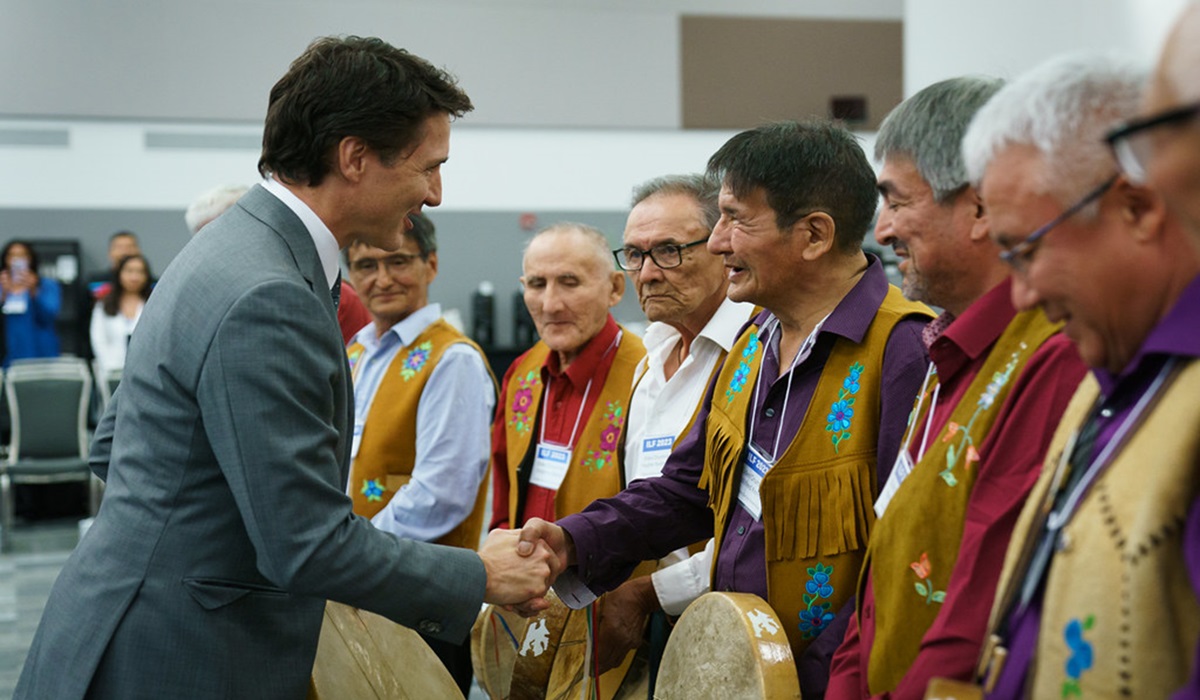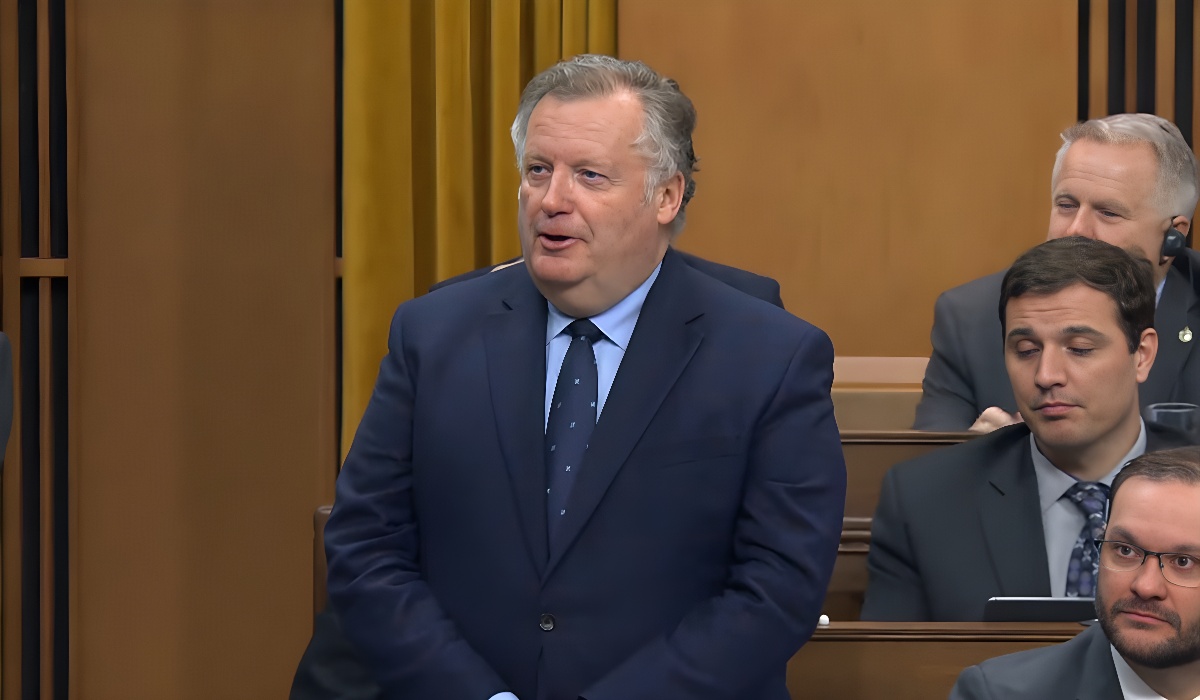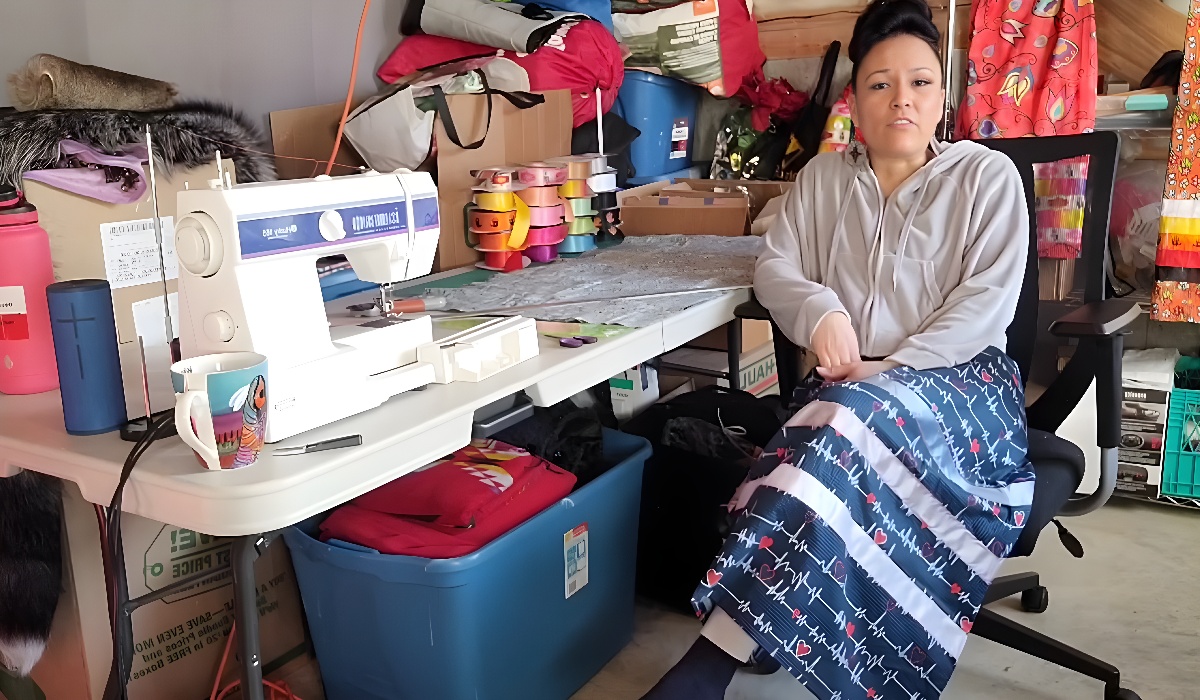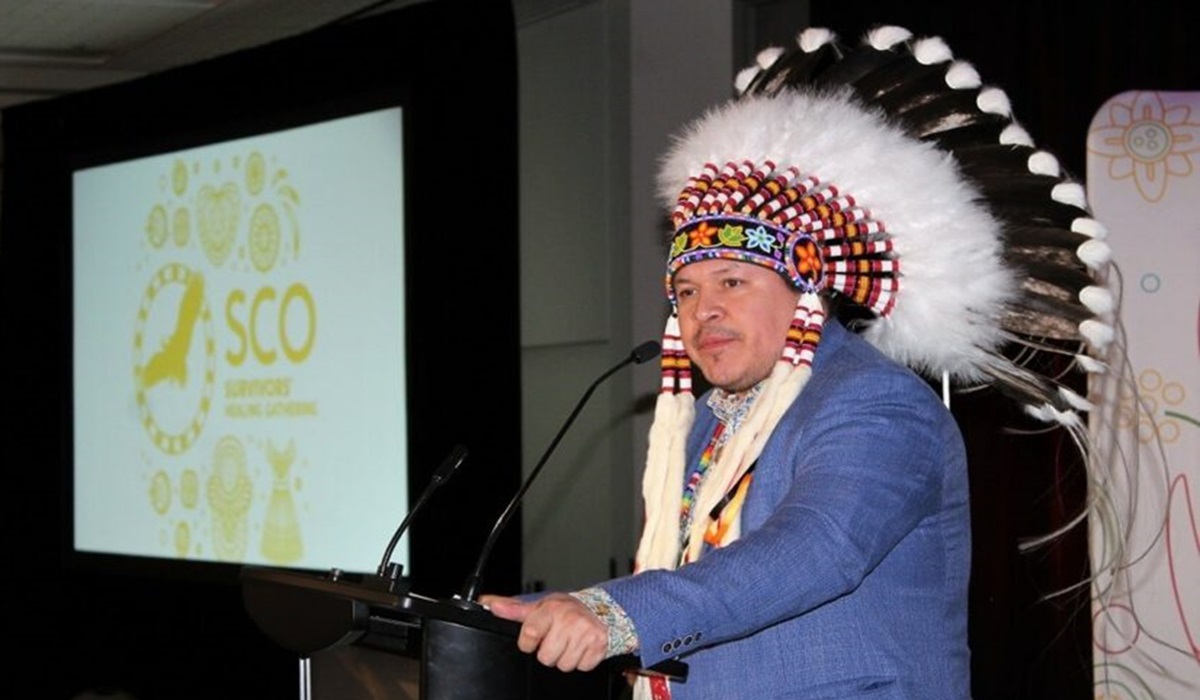Indigenous treaty rights in Canada are the rights of First Nations, Inuit, and Métis peoples to lands, resources, and self-determination as set out in treaties with the Crown. These treaty rights are recognized and protected under the Constitution Act of 1982 and are considered a fundamental part of Canada’s legal and political landscape.
Despite this recognition, indigenous treaty rights have often been violated and ignored by the government and non-indigenous Canadians. This has had a devastating impact on indigenous communities, leading to widespread poverty, poor health outcomes, and a loss of cultural identity.
It is crucial that Canada honours and respects indigenous treaty rights for several reasons.
First and foremost, treaty rights are legal obligations that the Crown has entered into with indigenous peoples. These treaties were signed in good faith and must be honoured by all parties. To do otherwise would be a breach of trust and a violation of the rule of law.
Secondly, honouring indigenous treaty rights is a matter of justice. Indigenous peoples in Canada have faced a long history of colonization, discrimination, and mistreatment. Respecting treaty rights is a way to begin to right these wrongs and to create a more just and equitable society for all Canadians.
Thirdly, honouring indigenous treaty rights is essential for reconciliation. The relationship between the Crown and indigenous peoples in Canada has been marked by conflict and harm. Reconciliation is about rebuilding this relationship based on mutual respect and understanding. This can only be achieved if indigenous treaty rights are respected and honoured.
Finally, honouring indigenous treaty rights is important for the health and well-being of indigenous communities. When these rights are violated, it undermines the ability of indigenous peoples to maintain their cultural practices, traditions, and ways of life. This has a detrimental impact on the social, emotional, and physical well-being of indigenous peoples.
In Canada, Indigenous treaty rights must be respected and honoured. Providing health and well-being to indigenous communities is a legal obligation, a matter of justice, and a crucial part of reconciliation. Creating a better future for all Canadians requires Canada to live up to its obligations.









